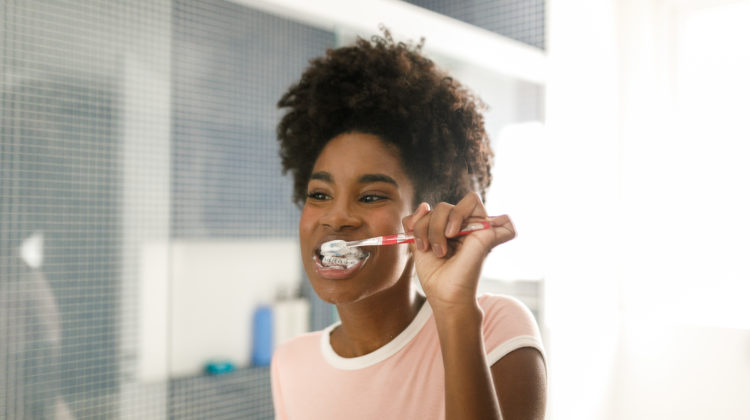
Taking children to the orthodontist is definitely different from taking them to Disney World; you can't expect them to be overly excited about the former. This is especially when they have to get braces.
It is natural for your children to be frantic. They anticipate the pains and the disruption the braces would introduce to their normal lives. How do you then prepare them for braces? How can you get them confident and composed when going for orthodontic treatment?

Prepare for the questions first
Sure, your child is going to flood you with questions. These questions range from why your child needs the braces to whether the braces would hurt even as far as how long they would have to wear them.
The best approach is to give them authoritative and candid answers to their queries. Don't try to tell them getting braces is a thoroughly enjoyable process.
No, you want to gently prep them for reality without fueling fright in them. Tell your child the braces may hurt a bit for the first seven days and the possibility of further discomfort when the braces are tightened or modified.
After this, tell your child the experience wouldn't be devastating as effective pain relievers could alleviate them. Regarding the duration of wearing such braces, emphasize the temporariness of the treatment. Let your child know the braces would be taken off in no time.
And then when your smart child asks why he can't do without the braces, illuminate the inevitability of the brace treatment. Positively highlight the importance of having that sweet smile either for their prom date or TikTok escapades.

Get a healthy supply of soft foods on hand
The braces could slightly pressurize your child's teeth for the first few days. This could make eating hard food (that needs significant chewing) a bit discomfiting for your child.
For this time, your child should eat soft foods that need minimal mastication before ingestion. Need ideas?
Well, you can go with mashed potatoes, rice, ice cream or pasta. Rich soup is another viable liquid alternative. However soft, such diet should be sufficient in nourishing your child while sustaining their energy levels.
Furthermore, if the brackets were rubbing, your child could develop sore mouths. Chilled food can be highly beneficial for its cooling effect. Therefore, ahead of taking your child for the orthodontic appointment, get your fridge well-fortified for duty.
You would need orthodontic wax
It is not unusual to see children who got braces to suffer from mouth sores. This is because of the irritation caused by the brackets as they rub.
Orthodontic wax prevents these scenarios. Alternatively referred to as dental wax, these substances help your child better adapt to the braces. Normally, the orthodontist will give you a sizable amount of dental wax at no cost.
Applying this wax requires minimal effort. All you have to do is roll the wax in your fingertips, get the wax softened and apply it gently to the brackets' section responsible for the irritation. This creates a buffer that prevents them from brushing against themselves.
Being that you are not going to be around your child 24/7, it is wise to teach your child how to apply the wax (and have them take it with them anyway).
This way, when those irritations – consequent of frictions between brackets – occur, your child can quickly salvage the situation by pressing the wax against the section.

Assist your child in brushing
Most children tend to struggle with their teeth cleaning regimen after getting braces. Undoubtedly, children with braces on their teeth have more work to do the brushing.
Cleaning between the wire and all that would be challenging with the regular brush they used before the braces. Specialized brushes can help access the dental areas around the brackets and between your childs' teeth and the wire – for proper cleaning.
Also, given the increased workload involved in brushing now, your naturally comfort-savoring child would opt to miss their mouth cleaning routine. You have to be at hand to enforce washing their teeth at the appropriate time.
Is your child struggling to adapt to the braces socially?
It is normal for parents to think orthodontic treatment is exclusively a dental procedure. No, there is the psychological dimension as well.
Do the braces introduce significant social insecurities in your child? Do they feel embarrassed and uncomfortable around their peers with braces on?
Don't neglect this. Ensure your child doesn't feel disadvantaged or "handicapped" wearing braces. Remind them that wearing braces is not an extraordinarily unfortunate event.
On the other hand, it is quite common. An estimated 4.5 million people in the United States wear braces. Eight in ten people in this category are within 6-18 years old.
Lastly, be readily accessible for your child to open up to you. If your child is being bullied, say in school, for wearing braces, don't hesitate to escalate the incident to the necessary authorities or the bully's guardians.








